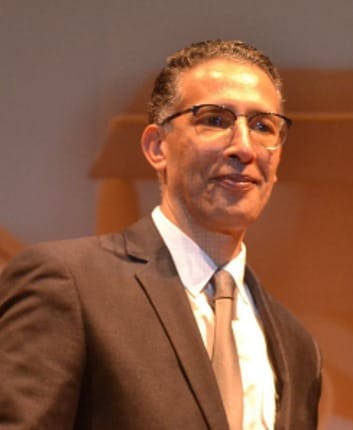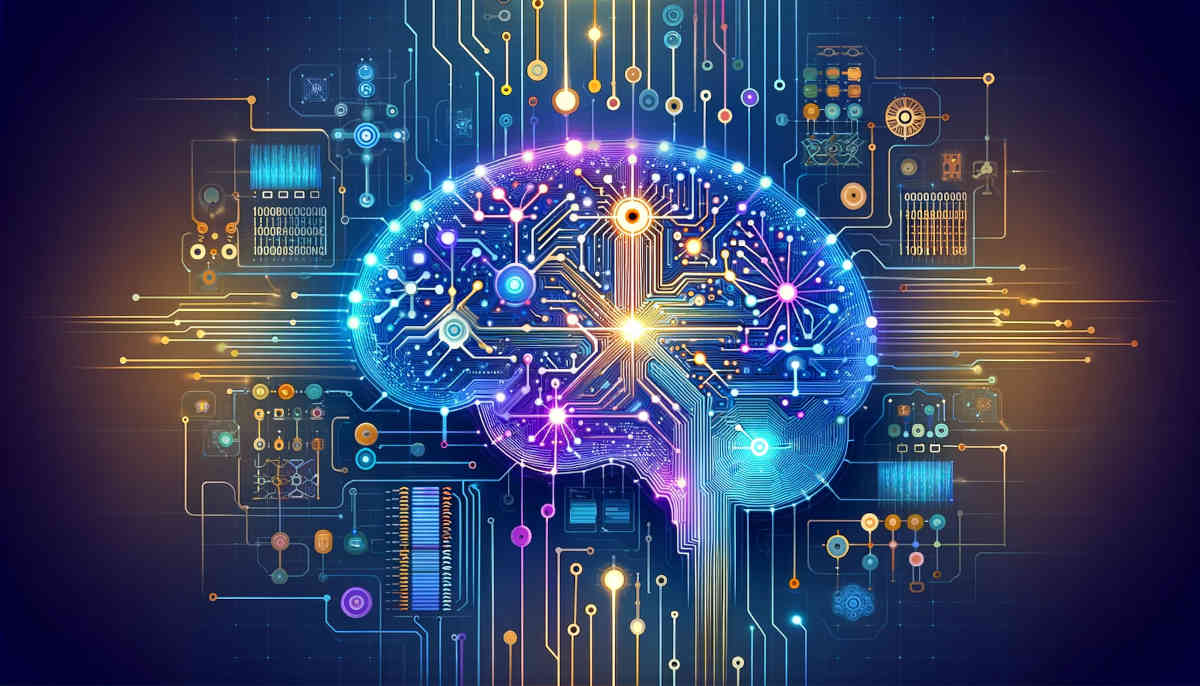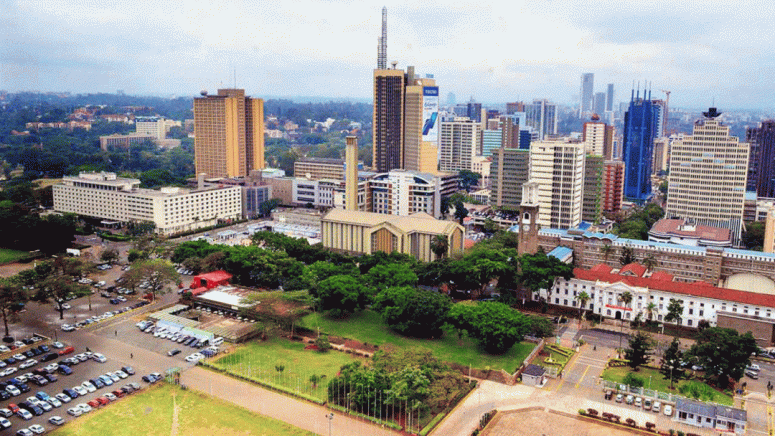
"When artificial intelligence stops being imported to be created locally: the rise of a new African technological wave."
The silent revolution: Africa writes its own code in AI
While the world debates the risks of generative AI, a deeper transformation is unfolding in labs across Casablanca, Lagos, and Nairobi: the creation of an artificial intelligence with African DNA. It's not about copying Western models, but reinventing them to tackle local challenges — from climate-smart agriculture to medical diagnostics.
Innovation on fertile ground (and the obstacles that hinder it)
Africa has the youngest human capital on the planet (60% of its population is under 25) and complex problems that require bold solutions. Examples include:
- Deep Learning Indaba: a movement training thousands of researchers in ethical AI, from South Africa to Senegal.
- Zindi Africa: A platform that competes with Kaggle, where 50,000 data scientists they solve challenges such as predicting droughts in Swahili.
But the ecosystem faces barriers:
⚠ Lack of infrastructure: only 22% of universities have cloud computing capacity.
⚠ Brain drain: 40% of engineers trained in Morocco or Tunisia migrate to Europe.
“We are not users, we are creators”: The manifesto of African AI
Professor Dr. Yasin Bouanani, Director of Artificial Intelligence at YOA AI LAB, an expert in AI and immersive technologies, sums it up this way in his latest book. "Innovation and creativity at the service of entrepreneurship""Innovation is not a luxury, it's a necessity for survival." His next
work "Artificial intelligence: the awakening of Dr. Frankenstein's creature" (To be published soon), it warns about the risks of a dehumanized AI:
"The real danger is not that machines will surpass us, but that they will repeat our worst mistakes: algorithmic colonialism, linguistic biases, and a digital divide that turns Africa into a passive consumer.".
Dr. Y. Bouanani proposes concrete solutions:
- Customized predictive models for the medical, financial, B2B, logistics, and agricultural sectors
- Virtual reality applied to preserving cultural heritage (such as rebuilding cities in the metaverse).
- Virtual reality applied to 3D MRI data analysis in virtual reality
Success stories already exist:
→ FarmDrive (Kenya): AI that analyzes satellite data to provide credit to small farmers without a banking history.
→ Lelapa AI (South Africa): First LLM in African languages, with datasets free from colonial stereotypes.
Spain and Europe: Partners or spectators?
Geographical proximity makes Spain a natural ally, but it requires a change in mindset:
✔ Invest in local data centers (avoiding the extraction of raw data).
✔ Recognize African certifications (do not impose European standards as the only valid ones).
✔ Co-produce research (such as the project MARIA between the universities of Granada and Dakar for AI in sustainable fishing).
Conclusion: The future is no longer imported, it is made here.
The next big disruption in AI won’t come from a garage in California, but from a tech hub in Casablanca or another African city. As Dr. Yasin points out: "The fear of AI is not the technology, but replicating an unequal world. Africa has the opportunity to rewrite the rules."
Source of the article: africatradenews






